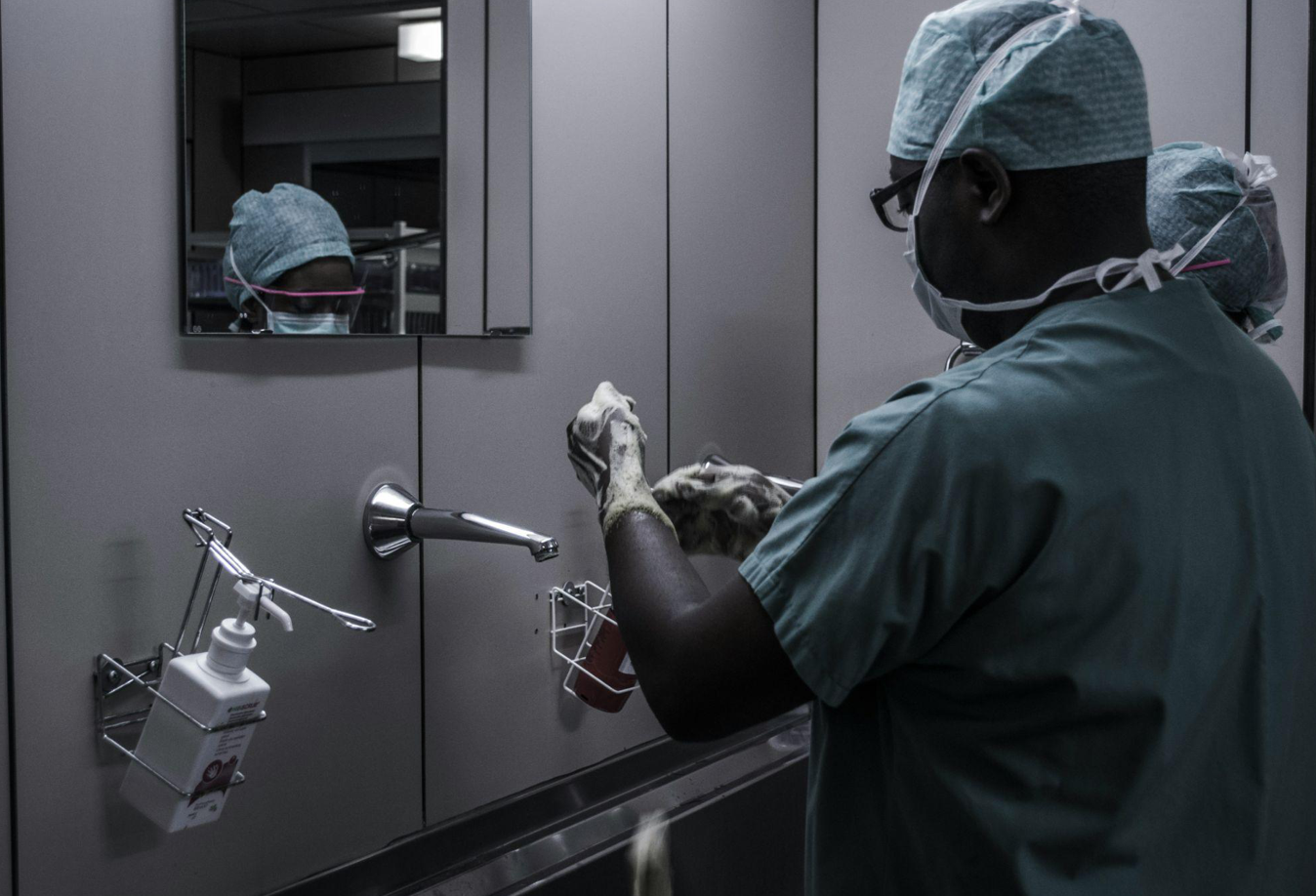By understanding their function and the legal process, patients can feel more empowered and hopeful on their path to recovery.
When medical care falls short, the consequences can be devastating. Enter the medical malpractice lawyer—an ally for those who have suffered due to negligence. This guide examines the crucial role these legal professionals play in securing justice and fair compensation for affected patients.
Understanding Medical Malpractice
Medical malpractice occurs when a healthcare provider deviates from the standard of care, resulting in harm to a patient. It involves more than just a bad outcome; it requires proof that the provider’s actions were negligent.
The Standard of Care
The “standard of care” refers to the level of care that a reasonably competent healthcare professional would provide under similar circumstances. Establishing this standard is essential in a medical malpractice case.
Types of Medical Malpractice
Malpractice can take many forms, such as misdiagnosis, surgical errors, medication mistakes, and birth injuries. Each type has its unique complexities, requiring specialized legal knowledge.
Consequences of Negligence
Injuries from medical negligence can range from minor complications to life-altering conditions or even death. The impact on patients and their families is often profound and long-lasting.
The Importance of Legal Representation
Navigating a medical malpractice claim is complex and challenging. An experienced lawyer is indispensable in guiding patients through this daunting process.
Expertise and Knowledge
A qualified medical malpractice lawyer possesses extensive knowledge of medical laws and regulations. This expertise is crucial in building a strong case.
Investigative Skills
These lawyers conduct thorough investigations, gathering vital evidence such as medical records, witness statements, and expert testimonies to support the claim.
Negotiation and Litigation
Whether negotiating a settlement or representing clients in court, a medical malpractice lawyer’s skills are essential in achieving a favorable outcome.
Steps in a Medical Malpractice Case
Understanding the process of a medical malpractice lawsuit can help patients feel more empowered and prepared.
Initial Consultation

The first step involves meeting with a lawyer to discuss the case. The lawyer assesses the situation and advises on the best course of action.
Filing the Lawsuit
If the lawyer believes there is a valid claim, they will proceed with filing a lawsuit. This involves preparing and submitting necessary legal documents to the court.
Discovery Phase
During discovery, both parties exchange information and evidence. This phase is critical in uncovering the facts that will shape the case.
Expert Testimonies
Expert witnesses, typically medical professionals, provide testimonies to explain how the standard of care was breached and how it resulted in harm.
Settlement Negotiations
Many cases are resolved through settlements. A lawyer negotiates with the defendant’s legal team to secure fair compensation without going to trial.
Trial Proceedings
If a settlement cannot be reached, the case goes to trial. The lawyer presents the evidence and arguments to a judge or jury, who then decide the outcome.
Compensation and Damages
Successful medical malpractice claims result in compensation to help victims recover and move forward.
Economic Damages
These include medical expenses, lost wages, and other financial losses directly resulting from the malpractice.
Non-Economic Damages
Compensation for pain and suffering, emotional distress, and loss of quality of life falls under non-economic damages.
Punitive Damages
In cases of egregious negligence, punitive damages may be awarded to punish the defendant and deter similar behavior in the future.
Choosing the Right Lawyer
Selecting an experienced and compassionate lawyer is crucial in pursuing a medical malpractice claim.
Specialization and Experience
Look for a lawyer who specializes in medical malpractice and has a track record of successful cases.
Client Reviews and Testimonials
Reading reviews and testimonials from previous clients can provide insight into a lawyer’s effectiveness and approach.
Compassion and Communication
A good lawyer should be empathetic, communicative, and dedicated to supporting their clients throughout the process.
Medical malpractice lawyers play a vital role in helping patients seek justice and compensation for their suffering. By understanding their function and the legal process, patients can feel more empowered and hopeful on their path to recovery. If you or a loved one has been affected by medical negligence, don’t hesitate to seek the guidance of a qualified medical malpractice lawyer.


Join the conversation!